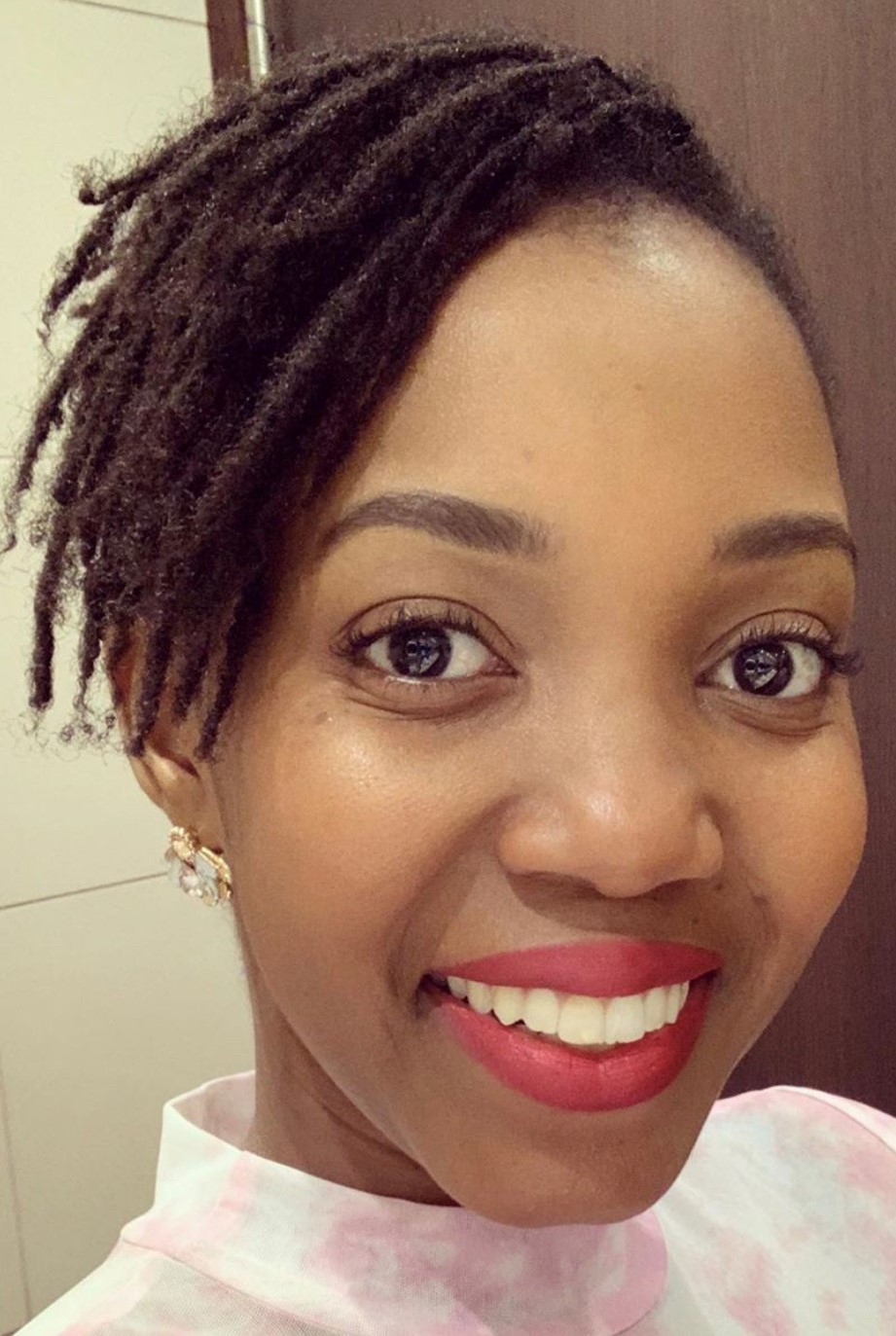
You have chosen not to allow videos from the 3rd party streaming service (YouTube), if you would like to see these videos, please change your Privacy policy and cookie settings.
As an informed and evolved young Black woman, with exposure to information, even I blamed myself for our infertility
By Noni Martins, blogger and IVF patient
The infertility experience has been such an intense process of unlearning and letting go. Growing up in Zimbabwe, almost everything culturally, was centred around how I would one day be someone’s wife, and bear children. ‘A good girl gets married and has a family of her own.’ So, a huge part of how I identify as a grown woman is rooted very deep in my ability to have children and continue my husband’s legacy. All of this is further affirmed by the fact that in my culture, in order to marry me, my husband had to pay a dowry; as an act of respect and gratitude towards my parents for raising me. None of this ideology is necessarily bad, but it certainly became the playground for my mind when that linear journey to pregnancy did not happen for me.
The reality is that as a black woman, to accept (what I now know to be) infertility is to have your womanhood invalidated. I know this is not true because I am an enlightened millennial, but it can feel this way. Especially with the backdrop of my peers and my cousins having children, seemingly with no issues at all. I started justifying why I hadn’t fallen pregnant; the first year I labelled it a trial and error year; the second year was the real trying year and I tried every gadget and app you can think of. In an effort to rationalize our infertility, I became quite irrational in my thinking.
At the two- and half-year mark of trying to conceive, I inexplicably ended up in hospital with excruciating pelvic pain and had to be admitted for two days. In my time at the hospital, the nurse asked me if there was a chance I could be pregnant - I told her ‘no but we are trying’. She asked me how long we had been trying and I very casually replied ‘about two and a half years’ – her face said it all, but she politely went on to ask me if I was seeing someone about it and I embarrassingly said no. She didn’t say anything further about it until the day I was leaving hospital when she told me she had made some calls and referred me to gynaecologist for the pain I had, and that they would also look into my fertility.
I had spent two and half years in a state of denial so strong that it kept me from seeking help and I often wonder when I would have sought help had this not happened. By the time I left the hospital, I had convinced myself that if there was any fertility issue, it was with me. The Nigerian women (and men) I knew were all very fertile and all my husband’s siblings had children and so I thought, I am the odd one out in this situation - the only Zimbabwean - the only non-Nigerian and so it must be me. I didn’t even stop to consider that perhaps my husband being a dialysis patient had something to do with it.
There is a false belief that many of us as Black Africans hold onto, that infertility issues stem only from the woman.
Our infertility diagnosis was the real wake-up call. In hindsight, I realise that I was holding onto something being wrong with me as way to make sense of our infertility - make tangible of the intangible concept of infertility. When we found out that our infertility was in fact male-factor related, I had to check my unconscious bias. I had spent years feeling shame and anguish towards my body for not being able to get pregnant, just because I was the woman in the equation. There is a false belief that many of us as Black Africans hold onto, that infertility issues stem only from the woman.
I am an informed and evolved young Black woman, but even with all that exposure to information, I blamed myself for our infertility. Identity, both collective and individual, is such a powerful social construct that governs how we see ourselves and others. When it came to our fertility, the Zimbabwean doctrine in which the man is supreme and the woman is subservient, overshadowed my otherwise progressive perspective.
As much as the male factor diagnosis of our infertility has shifted the “biological fault” away from me to my husband, it comes with its own weight that is not spoken about openly. Now that I know his sperm count is low, because he has been on dialysis for over 10 years now, and knowing of his journey when his kidneys failed at the young age of 22 and everything he had to go through – I feel selfish when I get upset about the fact that we are not pregnant yet. I always try not to fall apart in front of him because in my mind, especially as a Black African woman and again that cultural aspect of what it means to be a supportive wife, I am responsible for how he feels. And in my mind, to be a good wife is to not make him feel any worse that he might already feel about our infertility. I think any wife in this context would do the same. But I certainly underestimated just how challenging this would be, when our first embryo transfer failed.
When I read the pregnancy test, I wanted to go to him and break the news and be the supporting wife he probably needed in that moment, but I had nothing left in me to give. After three years of trying naturally and eight months of IVF (and COVID19 pausing treatment), the injections, the hormones, the death of all the possibility which that embryo presented, I had nothing to be hopeful about. January 2021 will mark our fourth year of trying to conceive and I never imagined that at 31 this would be my story. The narrative around pregnancy is incredibly linear and perpetuates the silence, stigma and shame around unconventional fertility stories like mine.
About the Author: Noni Martins is a Zimbabwean-British blogger at unfertility.com who hopes to break the silence, stigma and shame by demystifying the infertility & IVF journey. She is an Office/Project Manager by day on projects that work towards eliminating modern slavery and child labour through responsible recruitment and supply chain solutions. Noni is based in Northern England, loves reading and enjoys long walks along the beach with her husband and her puppy Coco.

Disclaimer: The views expressed in this blog are those of the author, they do not necessarily represent the views of the HFEA.
Where next?

Review date: 15 April 2027


